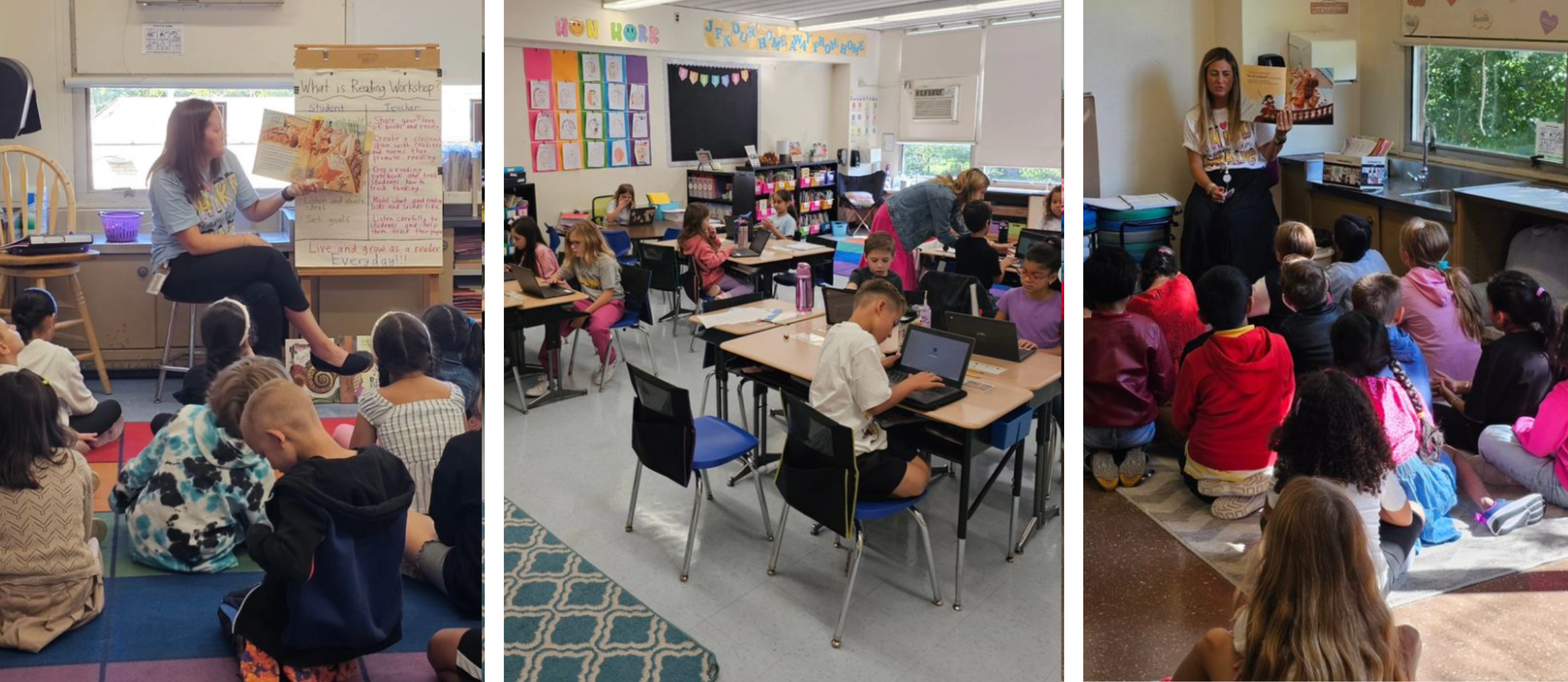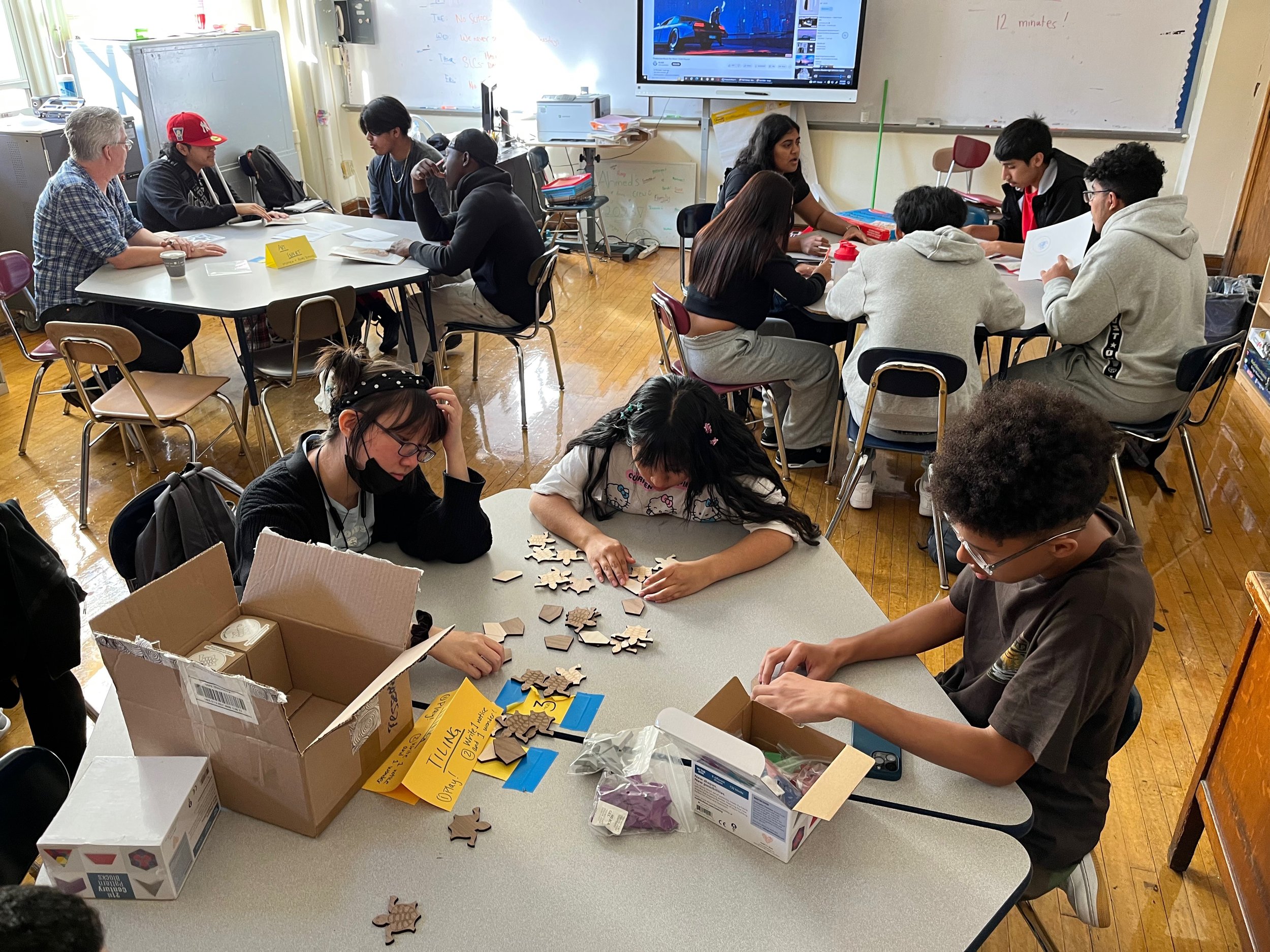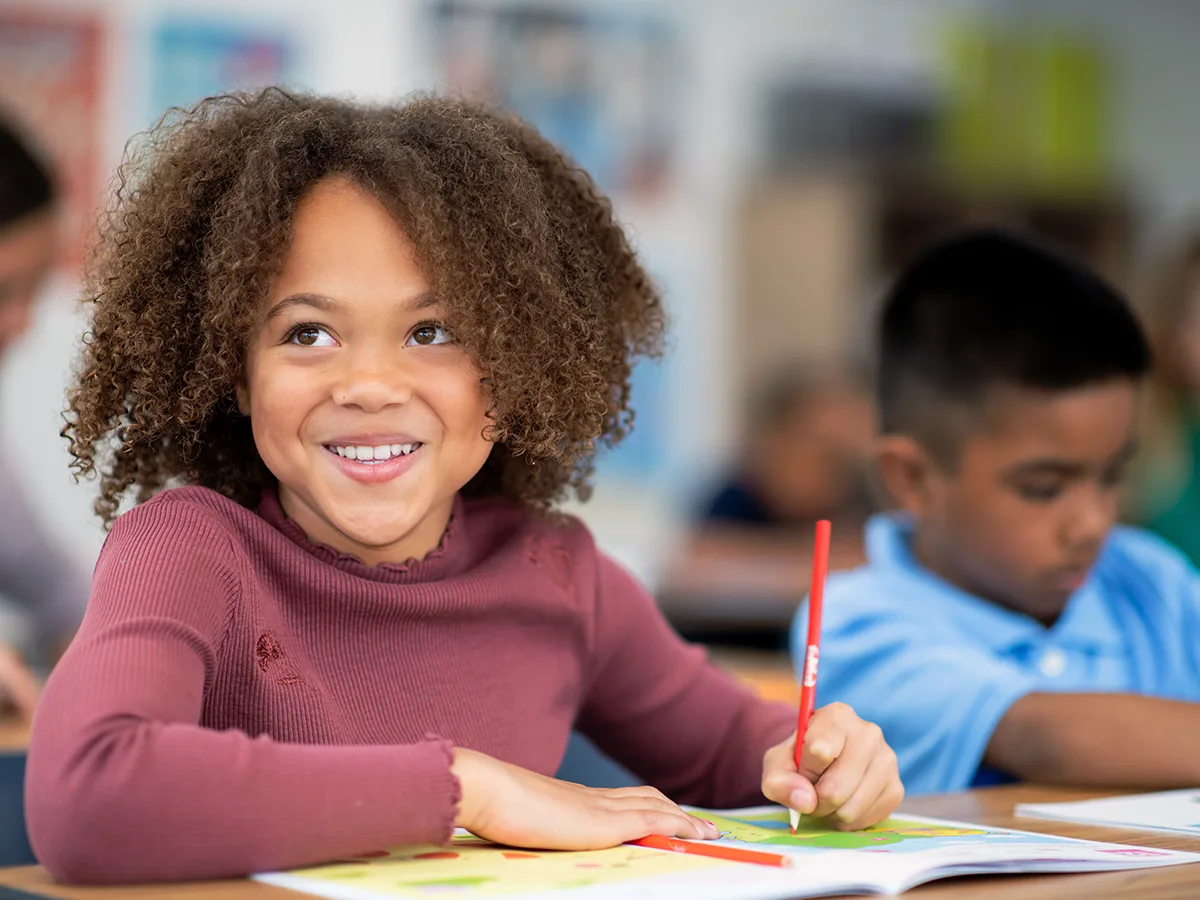The Effect of School Environments on Academic Success and Personal Health
The style of educational spaces, consisting of natural lights and ergonomic furnishings, can boost students' concentration and comfort. Exactly how can institutions purposefully boost these facets to much better sustain their pupils?
Physical Format and Style
How does the physical format and layout of a college impact academic success? The plan and aesthetic of a college atmosphere can substantially affect students' knowing results.
All-natural lighting and reliable ventilation systems are pivotal in enhancing cognitive feature and decreasing absence. Studies have actually revealed that classrooms with ample natural light enhance student focus and decrease feelings of drowsiness. Ergonomic furniture customized to trainees' requirements can avoid physical discomfort, enabling for long term focus and involvement in academic activities.
Accessibility to outdoor areas and cosmetically pleasing environments also play a crucial role - Save Temecula Schools. Eco-friendly areas and well-kept institution grounds supply chances for workout and mental relaxation, both of which are very important for preserving high degrees of scholastic performance. In essence, an attentively created physical environment can work as a catalyst for academic quality, fostering an environment that supports both training and learning
Class Ambience
A setting that cultivates a sense of safety, inclusivity, and common respect urges students to involve even more proactively in their knowing procedures. The ambiance of a class, including elements such as lights, noise levels, and seating arrangements, can dramatically influence trainee concentration and inspiration.
Additionally, the class ambience ought to support a culture of collaboration and open interaction. They are more most likely to involve deeply with the material and develop critical believing abilities when pupils really feel comfy revealing their ideas and asking concerns. Peer interactions and group tasks can enhance understanding by giving varied point of views and cultivating teamwork
In addition, establishing clear expectations and consistent routines can create an organized atmosphere that permits pupils to focus on their researches. By decreasing unpredictability and providing a foreseeable framework, pupils can much better handle their time and duties. Ultimately, a favorable class atmosphere not just enhances scholastic performance however also contributes to the total health of trainees, preparing them for future academic and personal ventures.
Teacher-Student Relationships
Structure on the significance of a positive classroom environment, the relationships in between pupils and teachers play an essential role in forming academic success. A healthy teacher-student partnership cultivates a learning environment where pupils really feel valued, understood, and supported, which dramatically enhances their motivation and involvement. When trainees regard their educators as approachable and understanding, they are more likely to participate actively in course and look for aid when needed, contributing to a deeper understanding of the subject.

Reliable interaction is essential to supporting these partnerships. Educators who use open, respectful, and constant communication create a foundation of trust. This trust fund enables students to reveal their issues and ideas easily, cultivating a collaborative learning setting. Fundamentally, solid teacher-student connections are a foundation of instructional success, playing a vital duty in both academic success and personal growth.
Peer Communications
Peer communications substantially affect scholastic success by shaping a trainee's social and cognitive visit here advancement. Within the institution atmosphere, peer partnerships serve as a foundational component for learning and individual development. Favorable peer communications can enhance a student's motivation and interaction in scholastic activities through collective discovering and common support. When students interact in group setups, they exchange ideas, resolve troubles jointly, and develop essential believing abilities. Such interactions promote a sense of belonging and area, which is necessary for psychological well-being and academic determination.

Effective peer communications likewise contribute to the advancement of crucial life skills, such as interaction, collaboration, and problem resolution. These social competencies are essential for both academic success and personal wellness, highlighting the value of cultivating favorable peer dynamics within the college environment.
After-school Activities
Engaging in extracurricular tasks plays a crucial duty in a trainee's scholastic success and personal development. These tasks, ranging from sporting activities groups to dispute clubs, supply pupils opportunities to refine beneficial skills such as management, time management, and team effort. Research constantly suggests that pupils who join after-school activities tend to attain greater scholastic efficiency. This relationship is typically attributed to the structured atmosphere and the technique required to stabilize both academic and extracurricular commitments.
Additionally, extracurricular participation promotes a feeling of belonging and neighborhood, which is essential for personal wellness. about his Joining group activities permits students to build and reinforce social media networks, enhancing their emotional and social intelligence. These interactions are essential for developing interpersonal abilities that are beneficial in both future and scholastic professional environments.
In addition, after-school activities offer a constructive electrical outlet for students to explore their passions and passions past the conventional curriculum. This expedition can result in the exploration of brand-new abilities and prospective occupation courses, better inspiring pupils to involve even more deeply in their academic work. In conclusion, the role of after-school activities extends past plain entertainment; they are integral to promoting an alternative academic experience that promotes both scholastic success and personal growth.
Final Thought
In sum, the impact of school atmospheres on both scholastic success and individual well-being is profound. Thoughtfully made physical designs and classrooms, together with positive teacher-student relationships and useful peer communications, substantially improve trainee motivation and engagement. The visibility of helpful instructors can reduce anxiety, fostering a nurturing atmosphere conducive to all natural advancement. These aspects jointly underscore the importance of creating and keeping optimum institution atmospheres for the benefit of students' academic and individual growth.
Eventually, a favorable class environment not just improves academic efficiency yet likewise contributes to the general well-being of students, preparing them for future educational and individual undertakings.
